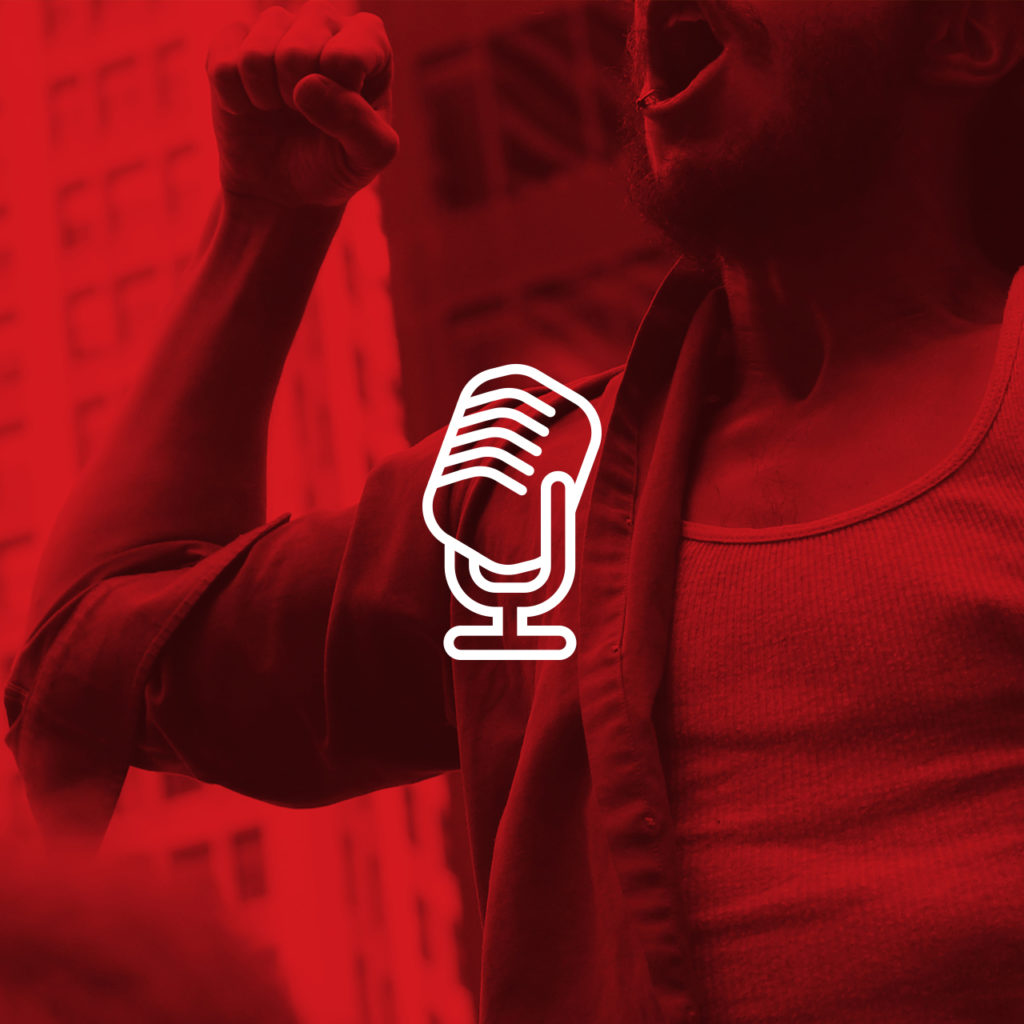
The 30th Session of the U.N. Human Rights Council (“HRC30”) has begun in Geneva. Over the course of the three-week session, the 47 Member States of the Council – and a full slate of civil society representatives, observer states, and technical experts – will debate resolutions and reports on the current status of human rights worldwide.
This impacts our rights online because through this process, stakeholders define the norms for acceptable government conduct – such as determining whether it’s ever okay to shut down the internet. They also give shape to protections for our rights, hashing out issues such as whether we have a right to encryption based on human rights law and norms.
Access and the Association for Progressive Communications (APC) have compiled highlights identifying the key digital rights issues on the Council’s agenda, as well as the countries under review in the Universal Periodic Review, and relevant side events. You can find our brief here.
Several reports that will be examined during this session address internet and mobile network shutdowns, mass and targeted surveillance, encryption, and restrictions on access to information and communication technologies (ICTs). That’s important because experts at the session play a quasi-oversight role: what they say can serve to pressure governments to think twice about the implications of their policy decisions, considering the political, economic, and human rights impact of these policies on users.
At the session, the Human Rights Council will also adopt working group reports from the afore-mentioned Universal Periodic Review of 14 countries, including the report on the United States. The U.S. had a high number of recommendations from other governments and comments from civil society groups like Access regarding its surveillance policies and practices.
You can follow the discussions online with the Twitter hashtag #HRC30. The plenary sessions will also be live streamed and archived here.
